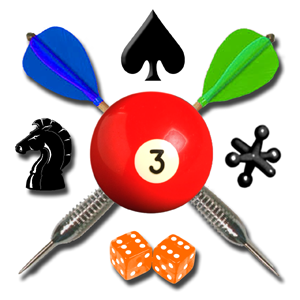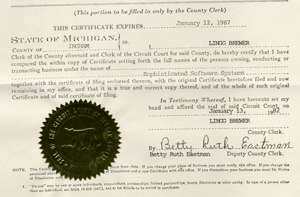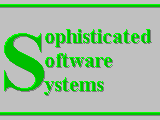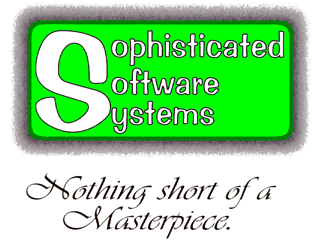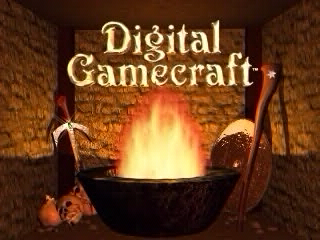Game development can really suck sometimes.
Let me set the (completely true) scene for you. My wife and I are at an informal dinner with several other people, none of whom we had ever met before, except for my cousin (the only reason we were there). At some point, while waiting for our meals, he started talking about our game, Demolish! Pairs, and when somebody wondered about it, he pulled out his iPhone and started demonstrating it. One of his acquaintances showed interest in the game, so he told her, “You can buy it on the App Store.” Then, to me, he asked, “How much is it, again?”
She did not even wait for my reply before saying to him, “You lost me at ‘buy’.” 🙁
Although I was disappointed and slightly shocked at the direct rejection of Demolish! Pairs (or any game) on the basis of it not being free, it was not until days later until I realized exactly how much it was really bothering me. This is truly a depressing sentiment for somebody who makes a living developing games. I hope this rant exorcises that particular demon from my thoughts.
Point 1: Games should NOT be free. Worthwhile people are willing to pay for their games explicitly, rather than requiring coercive “free-to-play” schemes.
Shortly thereafter, we heard the common refrain about none of them really playing games anyway, followed again by the increasingly frequent mention that, ‘what I do play is this app called Candy Crush.’ Then, pretty much everybody admitted that they all play that game, and these “not real gamers” started discussing the game, including specifics of their approaches to winning and getting 3 stars on every level!
Point 2: You DO play games; every interesting person does. Playing a casual game is still playing a game. In fact, that is the most common form of gamer.
It is gravely insulting to hear, repeatedly, that the games we develop somehow do not count as real games. Just because a game does not involve a console and game controller, and shooting people on screen, does not make it any less of a game. Lots of people play Call of Duty, but ridiculous numbers of people also play Candy Crush. I do not like to segment people into hard-core/mid-core/casual/social/live/whatever gamers; they are all gamers. Please enjoy Pretty Good MahJongg and Demolish! Pairs, but do not tell me that you are not playing a game while doing so.
Now, Candy Crush is the current flavor of the day, and that is a position it deserves. It is a game based on a proven (addictive) mechanic, with a clear theme, nice artwork and audio to match the theme, and excellent execution of a good design. For this effort, it currently earns more than $800,000 per day on iOS alone. Puzzles and Dragons is reportedly earning $3.75 million per day! By contrast, most games earn very little, and Forbes reports that the average iOS app earns only $4000 (lifetime), which is still far better than either Android or Windows Phone. Needless to say, no proper game developer can make a living on an “average” iOS app.
Point 3: Just because some games are reporting unbelievable revenue figures, it does not mean that the game industry, as a whole, is healthy.
Right now, more than ever before, we are seeing a huge influx of games on the market. Lower barriers to entry have created a glut of content, much of it not very good, and this makes “discoverability” a serious problem. Essentially every programmer I have ever met in my career has created a game at some point, usually while learning. The difference, now, is that a much larger percentage (and total number) are taking these experiments and school projects and publishing them, either for free or on the off chance that they might make some “beer money”, while working a different job or living with their parents.
The result of all of this is that they are essentially peeing in the pool in which professional game developers have to swim. Small (or “indie”, if you prefer) developers, in particular, have to deal with a ceiling of games with large development teams and huge marketing budgets, and a floor muddied by hundred of thousands of mediocre games (at best) that only serve to make our games harder to find and exposure much more difficult. The current situation is unsustainable in the long run.
To be clear, I am very frustrated, but I am not about to “pull a Phil Fish“. However, if our products do not find an audience to achieve significantly more than average sales, we will not be able to stay actively in business. Sure we might be able to produce some games in our spare time while writing boring accounting software or designing web sites, but that would be barely acceptable after two decades as a full-time game developer.
To end on a positive note, however… I overhead a conversation among some of the young people I know, and they were complaining about the IAP (in-app-purchases) in Plants vs Zombies 2, saying that they would much rather just pay for the game than being constantly bombarded with IAP (and not insisting that they were not gamers 🙂 ), so perhaps the pendulum is starting to swing back, away from “free-to-play”.

